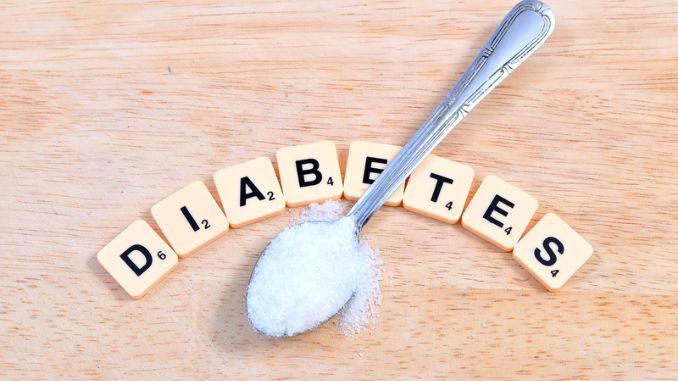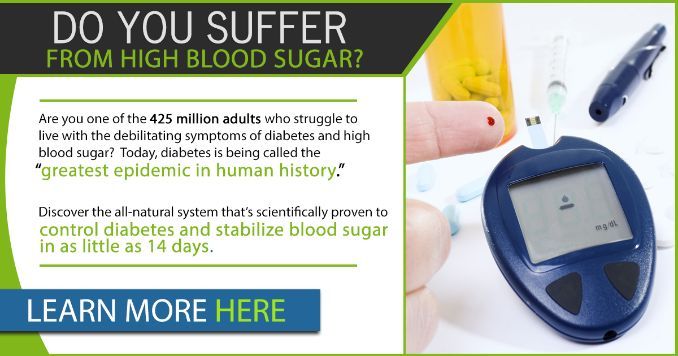Diabetes is a serious medical condition that affects millions of people around the world. Yet, research suggests that 1 in 4 adults living with the disease are unaware of it, which can lead to serious complications. In this article, you’ll discover the various warning signs of diabetes. Knowing the early warning signs can help you get diagnosed and prevent life-threatening complications. Always alert your doctor whenever you notice these signs, especially if you have any common risk factors for diabetes. Let us get started.
What are the Early Warning Signs of Diabetes?
1. Hunger
Feeling increased hunger even after eating? That could be a telltale warning sign of diabetes. Because your body cannot properly convert the food you eat into energy, you might start feeling hungry all the time. The lack of energy causes increased appetite. Just learn to eat when you are hungry.
2. Fatigue
Various factors can bring about fatigue. One of the reasons you have less energy could be your body’s inability to take in glucose, which is an early warning sign of diabetes. This lack of energy could also be caused by dehydration from increased urination.
3. Dry Mouth
Warning signs of diabetes sometimes involve your mouth. Lack of adequate fluids in your body due to increased urination may dry your mouth. A dry mouth shows high blood sugar and could lead to rampant tooth decay.
4. Frequent Urination
You may experience increased urination due to excess sugar (glucose) building up in your blood. Your kidney can’t filter and absorb all the excess sugar. As a result, the excess sugar is excreted into your urine, which leads to frequent urination.
5. Extreme Thirst
As you urinate more, body fluids are dragged along from your tissues. This could get you dehydrated, making you feel more thirsty than normal. And the more you drink fluids to quench the thirst, the more you urinate.
6. Weight Loss
Weight fluctuations are a common early warning sign of type 1 diabetes. You may experience sudden, unintentional weight loss because of inadequate insulin, which prevents your body from absorbing glucose for energy. This forces the body to burn fat and muscle for energy, resulting in weight loss.
7. Blurred Vision
According to WebMD, blurred vision could signify high blood sugar. The increased sugar levels in your blood may be absorbing fluids from the lenses of your eyes. This causes them to change shape and affects your ability to focus.
8. Dry & Itchy Skin
Lack of moisture in your body due to high blood sugar levels may cause your skin to dry and itch. As you lose fluids because of increased urination, your body gets dehydrated, which results in dry and itchy skin.
9. Slow-healing Wounds
Another early warning sign of diabetes is cuts and bruises that are slow to heal. This may be because high blood sugar levels affect your blood flow and cause nerve damage. Blood may be finding it hard to reach the areas affected by the wounds.
10. Pain or Numbness in Your Feet or Legs
Pain, tingling, or numbness in the feet or legs is another result of nerve damage, which may be brought about by diabetes. Over time, this nerve damage can develop throughout the body. You may also experience a loss of feeling in the arms and hands.
11. Fruity or Sweet Breath
A sweet and fruity odor on your breath might be an early warning of diabetes. Bad breath could result from high levels of ketone in the blood. Ketones are produced when your body starts burning fat because your cells don’t receive the glucose they need for energy.
12. Nausea and Vomiting
High blood glucose levels can slow down stomach and intestinal movements. This causes food to be retained in the stomach for longer than normal and may result in nausea and vomiting. Nausea and vomiting could be warning signs of diabetes.
13. Frequent Headaches 
Frequent headaches could be a sign of high or low blood glucose. The headaches are often moderate to severe, and controlling your blood sugar may offer relief. If the headache is severe, you should talk to your doctor.
14. Irritable Behavior
Diabetes may affect a person’s mood. For instance, low or high blood glucose may make them sad and easily annoyed. Fluctuations in blood sugar levels may also cause nervousness, anxiety, and confusion.
15. Erectile Dysfunction
Erectile dysfunction is more common as men with diabetes age. If you’re a man with a problem getting and maintaining an erection, it could be a sign of diabetes. Diabetes can impair the nerves, blood vessels, and muscle function that control erection.
16. Bad Stomach Pains
Diabetes can damage the vagus nerve and slow down your digestion. This causes food to stay longer in your stomach and results in discomfort. Another sign of diabetes is frequent stomach pains, which may result from high or low blood sugar levels.
17. Yeast Infections
Yeast infections may occur in both men and women with diabetes. The yeast feeds on excessive glucose, and infections may occur in warm, moist areas of the body, such as between fingers and toes, underarms, and under the breasts.

Rick Kaselj MS, is a leading kinesiologist and injury specialist as well as co-creator of the best-selling Unlock Your Hip Flexors program. Rick creates exercise programs that help people heal injuries and eliminate pain, so they can go back to living a full, active, healthy life.












